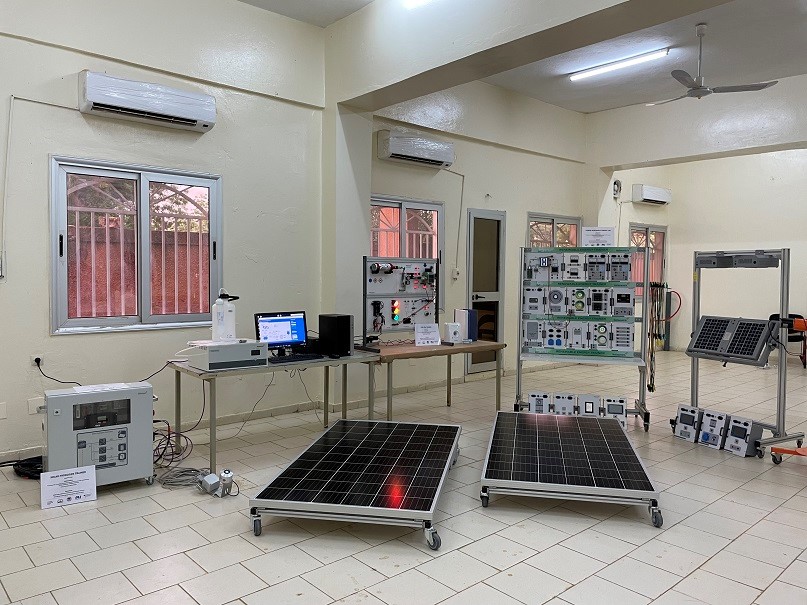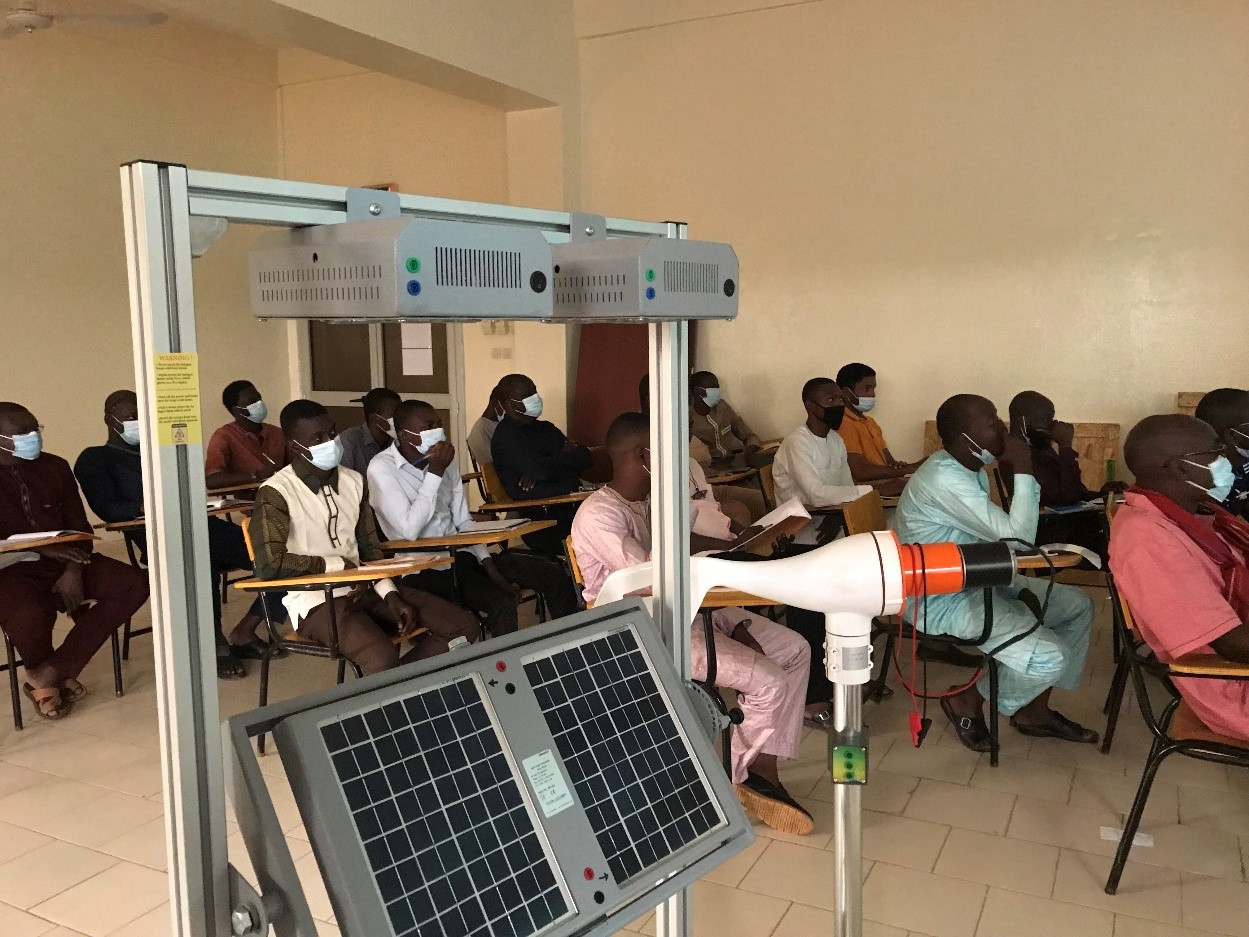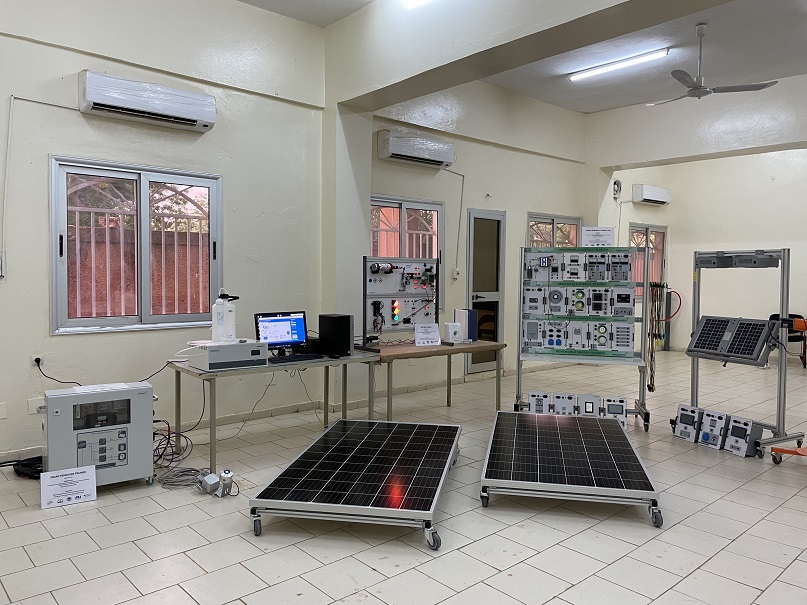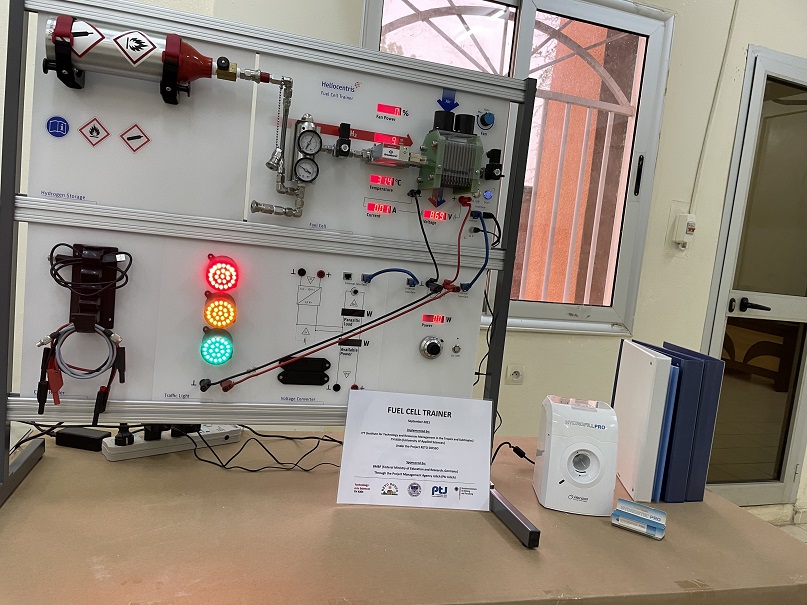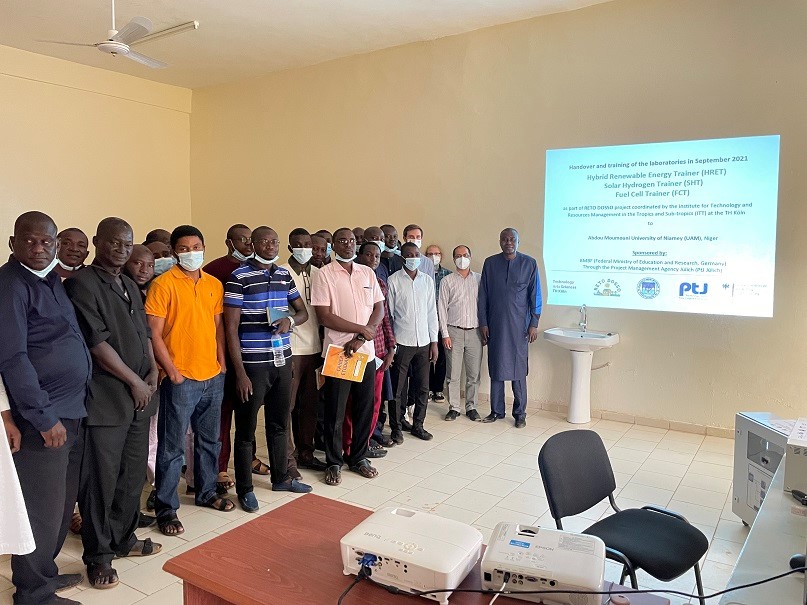RETO - DOSSO
The aim of the RETO-DOSSO research project is to contribute to sustainable livelihoods in the rural areas of Niger by creating essential basics and enabling rural entrepreneurial activities. To achieve this, the researchers use electricity from renewable sources to provide basic needs such as water and food. Surplus electricity from a decentralized solar energy system strengthens rural economies by generating simple, but creative business ideas as local sources of income.
Despite the improvements of the global energy supply in the last years, more than one billion people worldwide don’t have access to electricity[2], the majority of them living the sub-Saharan Africa[3]. Moreover, a secured access to water and food is a critical topic. Therefore, it exists an urgent need of a sustainable economy, which ensures the basic life standard and the well-being of the people in the rural areas of West African countries. Furthermore, the climate change and the steady increasing number of the worldwide population will increase the need for energy, water and food in the future. Especially the secure supply of these needs, as well as health security will gain rising importance for the worldwide society.
As a result, the overall objectives of the project “RETO-DOSSO” is to build up a long-term and sustainable livelihoods in the rural areas of sub-Saharan Africa and to establish a long-standing research and education cooperation between Germany and Africa. Alongside the project-related objectives, the initiated collaboration of different universities, research institutes and business partners of Germany and Africa (Niger, Mali and Algeria) is expected to generate different synergies and mutual benefits by linking, extending and intensifying unique networks of partners, sharing experiences in teaching and research.
The project is financed by the German Federal Ministry for Education and Research (BMBF) as well as supported by the Through the Project Management Agency Jülich (PTJ).
PARTNERS
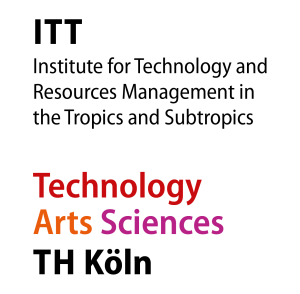
ITT
Contact: Prof. Dr. Ramchandra Bhandari
Website: https://www.th-koeln.de/
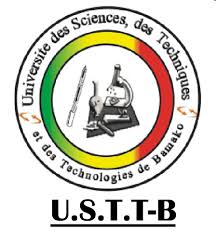
USTT-B
The University of Sciences, Techniques and Technologies of Bamako (USTT-B) in Mali maintains the faculties sciences and technique, medicine and odontostomatology, pharmacy and applied science. Moreover, the USTT-B is a member of the doctorate school for sciences and technology in Mali (EDSTM).
USTT-B has an observatory role in the project so that the possible transfer of project concept and research results from this project could be studied for Mali as well.
Contact : Prof. Dr. Abdramane Ba
Website: –
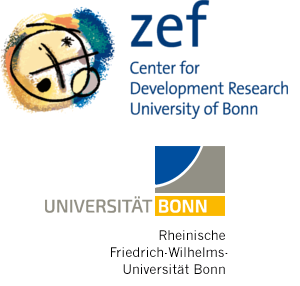
ZEF
The Center for Development Research (ZEF) is an international and transdisciplinary institute of the Rheinische Friedrich-Wilhelms-University of Bonn. The ZEF intends to develop and lead researches and apprentices about poverty alleviation and sustainable development for developing countries.
ZEF is leading activities within the research component of the project with regard to the irrigation and agricultural production.
Contact : Prof. Dr. Christian Borgemeister
Website:https://www.zef.de/header/staff/display-profile.html?tx_zefportal_staff_info%5Bref%5D=2252&tx_zefportal_staff_info%5Buid%5D=1575&tx_zefportal_staff_profile%5Buid%5D=1575&cHash=5b274e5aafa7fcc7f56a9269b042fd49
TUM
The Chair of water management systems at the Technical University of Munich (TUM) is well-known for their researches of future-oriented water and wastewater systems, anaerobic technology and energy recovery, rain water, nature-near and water treatments (e.g. membrane- and oxidationshybrid processes), microbiological systems and water sensing for process monitoring and water quality.
TUM is responsible for research components on a decentralized water supply system for drinking water.
Contact: Prof. Dr. Jörg E. Drewes
Website:https://www.bgu.tum.de/sww/team/lehrstuhlleitung/prof-dr-joerg-e-drewes/
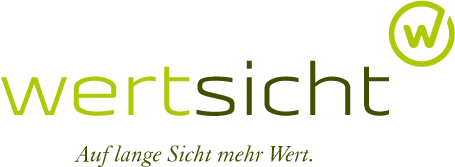
Wertsicht GmbH
Wertsicht GmbH supports companies and institutes in value- and future-oriented organization development and customers in company strategies, development of staff and managers, implementation and maintenance of environment and energy management systems, efficiency audits and concepts for energy efficient and ecological sustainable designing of operational process and products.
Contact : André Wilk
Website: https://www.wertsicht.de/unternehmen/team/

UAM
Contact : Prof. Dr. Rabani Adamou
Website: https://www.wascal-ne.org/
Foyer-Tech Pvt. Ltd.
Foyer-Tech Pvt. Ltd. is a metal workshop, which builds constructions for inter alia solar systems and optimized stoves. Foyer-Tech Pvt. Ltd. is supporting the building of the some of the local components of the decentralized energy system.
Contact : Djibrilla Seyni Souley
Website: –
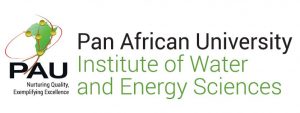
PAUWES
Pan African University Institute for Water and Energy Sciences (PAUWES) in Algeria educate and trains young African graduates in science, technology, innovation, social sciences and governance to improve the African pool of higher education and research.
PAUWES has an observatory role in the project so that the possible transfer of project concept and research results from this project could be studied for other African countries as well.
Contact: Prof. Dr. Abdellatif Zerga
Website: https://www.pauwes.dz/?popups=abdellatif-zerga
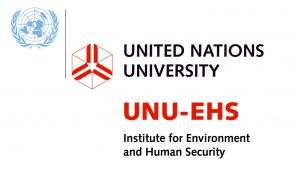
UNU-EHS
The Institute for Environment and Human Security (EHS) at the United Nations University (UNU) promotes policies and programs to reduce risks and adaptations related to environmental hazards and global changes while taking into account the interplay between environmental and societal factors.
UNU-EHS is responsible for the climate change impacts and resilience of the supply systems around the project themes.
Contact: Dr. Ambe Emmanuel Cheo
Website: https://ehs.unu.edu/experts/researchexperts/13379.html#profile

IEK-STE / FZJ
The group Systems Analysis and Technology Evaluation (STE) of the Institute for Energy and Climate Research (IEK) at the Research Centre Jülich (FZJ) evaluates energy systems and sustainability assessments with regards to the energy transition by focusing on economic viability, environmental compatibility and social acceptability.
The IEK-STE analysis the risks and socio-economic impact of the energy, water and food production.
Contact: Dr. Wilhelm Kuckshinrichs
Website: https://www.fz-juelich.de/SharedDocs/Kontaktdaten/IEK/IEK-STE/DE/kuckshinrichs_wilhelm.html?nn=714298

Yandalux Solar GmbH
Yandalux Solar GmbH engines solar supplied energy systems with grid operations and water treatment and supply systems with a special focus for projects in West Africa.
Yandalux Solar GmbH is responsible to support on planning of the decentralized energy and drinking and watering supply system.
Contact: Fode Youssouf Minthe
Website: http://www.yandalux.com/index.html#contact
FUNDED BY
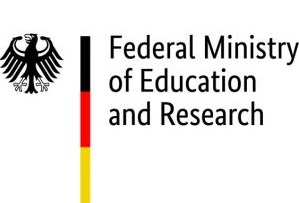
German Federal Ministry of Education and Research (BMBF)
The project “RETO-DOSSO” in Dosso (Niger) consists of a research and capacity building module funded by the German Federal Ministry of Education and Research (BMBF) through the PTJ project management agency Jülich.
The project “RETO-DOSSO” in Dosso (Niger) is funded by the German Federal Ministry of Education and Research (BMBF) through the PTJ project management agency Jülich.
ACTIVITIES
Hybrid Energy Lab
installation and training
The laboratory comprises three test stands: Hydrogen Renewable Energy Trainer (HRET), Fuel Cell Trainer (FCT) and Solar Hydrogen Trainer (SHT).
The HRET has various individual modules that can be interconnected. The large number of modules enables not only basic experiments, but also the investigation of real, operational problems such as
shading of PV systems. In addition to the energy source (230 V connection), the test objects in the form of photovoltaics (PV), wind turbine and a fuel cell can be investigated by means of measuring and control units as well as by means of safety devices. For fuel cell operation, there is an external hydrogen generator and two metal hydride storage tanks.
The FCT consists of a low-temperature fuel cell (PEM fuel cell, stack power 50 W) with a metal hydride storage (200 Nl). In addition, there is a variable electronic load, a load in the form of a traffic light, as well as a transformer to raise the output voltage of the fuel cell (4 V… 9.5 V) to 12 V. All measurement data are displayed directly on the FCT by means of analogue displays. The FCT can be connected to a computer. The corresponding software can be used to record measurement data. In addition, the experiments can be carried out with or without computer support.
The SHT is intended to explain the practical generation and application of solar energy. A functioning 230 V operating voltage is provided by two PV modules, 325 Wp each, connected in parallel, as well as an inverter or rectifier with integrated buffer storage, two 12 V lead acid batteries (60 Ah) connected in series. External devices such as the hydrogen generator (up to 72 l/h hydrogen) can be operated via the 230 V operating voltage. Thus, the SHT reflects the overall picture of a modern PV system, with the possibility of hydrogen production.
Decentralized energy system
Business models
Database
International partnerships
EVENTS
No Results Found
The page you requested could not be found. Try refining your search, or use the navigation above to locate the post.
SOURCES
[1] FONA (2020): RETO-DOSSO – Erneuerbare Energien verbessern Lebensbedingungen (Niger):https://www.fona.de/de/massnahmen/foerdermassnahmen/energieforschung-mit-afrika/reto-dosso-lebensbedingungen-niger-verbessern.php.
[2] IEA (-): Access to electricity: https://www.iea.org/reports/sdg7-data-and-projections/access-to-electricity
[3] O.D.T. Odou, R. Bhandari, R. Adamou, Hybrid off-grid renewable power system for sustainable rural electrification in Benin, Renewable Energy 145 (2020) 1266–1279. https://doi.org/10.1016/j.renene.2019.06.032.
